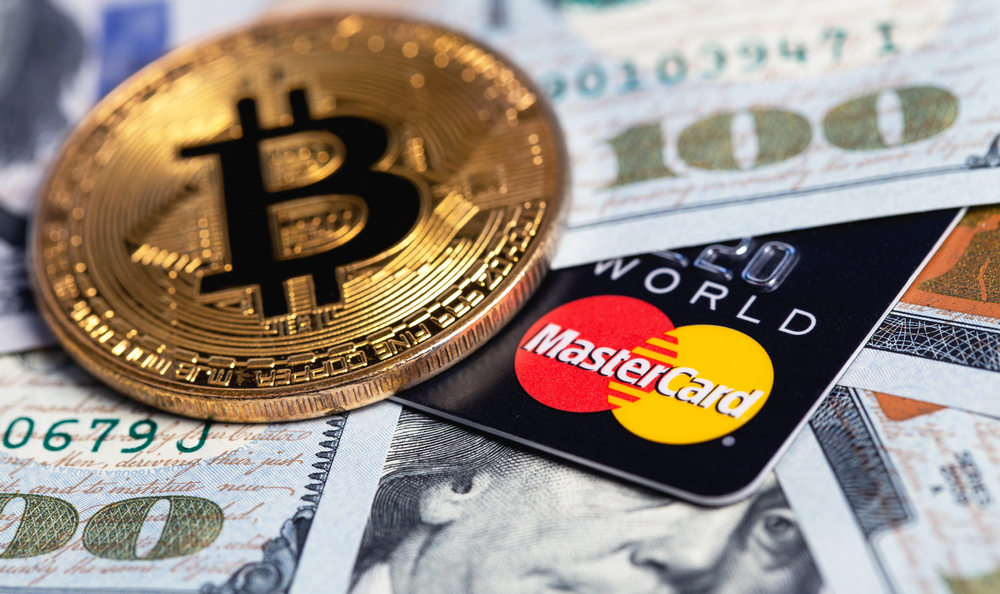Key Insights:
- Mastercard ends a year-long crypto card collaboration with Binance in Argentina, Brazil, and Colombia.
- Binance faces global regulatory challenges, including lawsuits from U.S. authorities.
- Visa joins Mastercard, ceasing new co-branded card issuances with Binance in Europe.
Mastercard, the global payment titan, has decided to terminate its cryptocurrency card partnership with Binance, the well-known crypto exchange. Effective September 22, this move will conclude four crypto card programs in Argentina, Brazil, and Colombia. This revelation emerged from a Bloomberg report dated August 24.
A Brief History: Mastercard and Binance Collaboration
The partnership between Mastercard and Binance began a mere year ago. Their combined efforts resulted in a prepaid card for residents of Argentina. This card allowed users to transact in local fiat currencies, drawing from their crypto holdings on Binance. Moreover, in early 2023, the alliance expanded, introducing another prepaid crypto card in Latin America.
However, the Bloomberg report indicates that this sudden termination might stem from the escalating regulatory challenges Binance confronts on a global scale.
Binance’s Regulatory Challenges
Under the leadership of CEO Changpeng “CZ” Zhao, Binance finds itself facing regulatory challenges. The U.S. Securities and Exchange Commission has launched legal proceedings against the platform, accusing it of breaching domestic securities regulations. Additionally, the U.S. Commodity Futures Trading Commission has taken Binance to task for allegedly not registering in line with requirements.
Furthermore, reports suggest that the U.S. Department of Justice is probing Binance. The suspicion that the platform permitted Russian users to trade is at the heart of this inquiry, which goes against U.S. sanction rules.
Consequently, these regulatory obstacles have prompted other financial institutions to reconsider their ties with Binance. Significantly, since July, Visa has stopped issuing new co-branded cards with Binance in Europe.
Mastercard’s Position and Future Implications
While this decision marks a shift in Mastercard’s relationship with Binance in the specified countries, it doesn’t impact all of Mastercard’s crypto-card initiatives. The company has emphasized that other crypto card programs will continue as usual. Hence, a transition period will be provided for cardholders in Argentina, Brazil, and Colombia, enabling them to convert any holdings in their Binance wallets.
Such shifts are expected in the dynamic realm of cryptocurrency and its interactions with global finance. As regulatory frameworks worldwide evolve, collaborations may flourish or fade based on compliance and mutual objectives.
In conclusion, the termination of the Mastercard-Binance partnership in Latin America is notable. However, the broader discourse on crypto’s role in the global financial system remains ongoing. As the sector matures, all involved parties, whether exchanges, payment providers, or regulators, will persist in balancing innovation with compliance.
